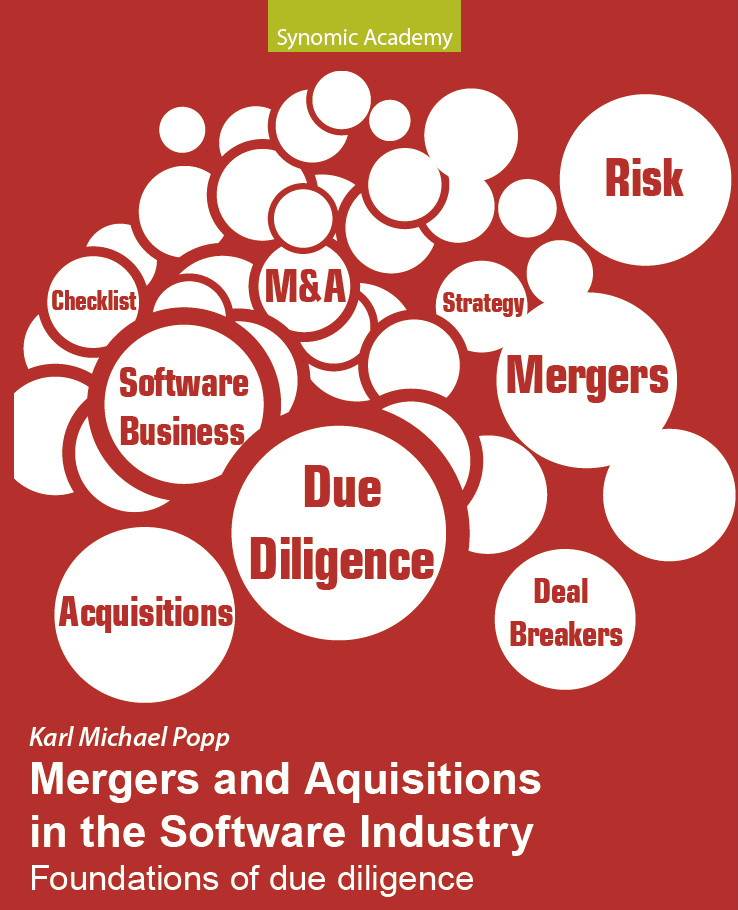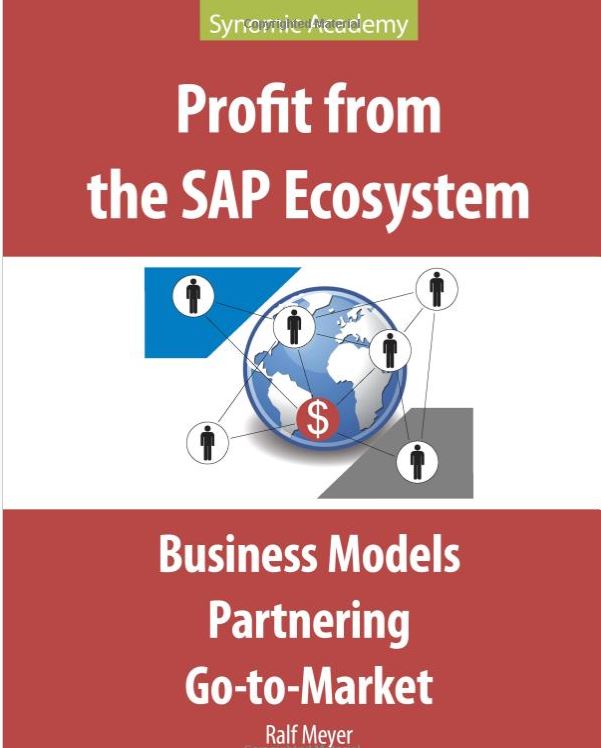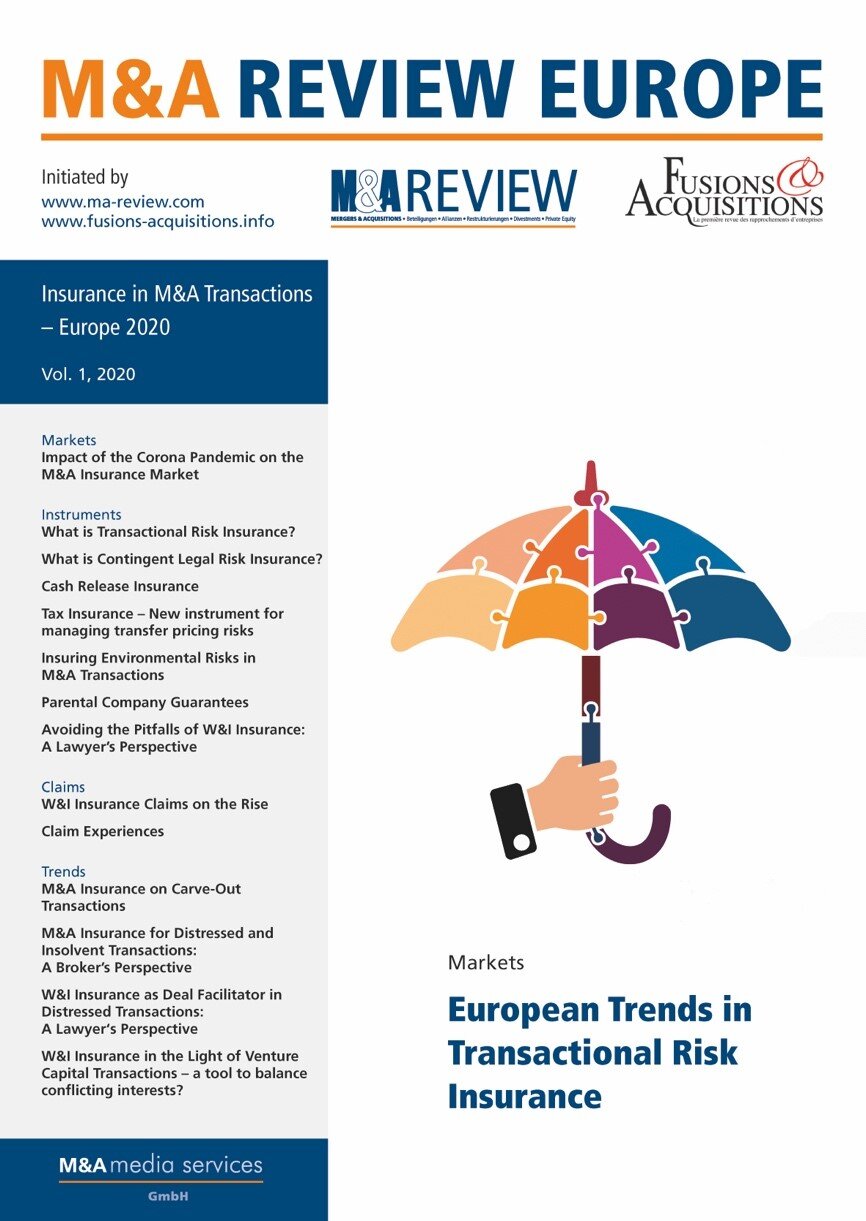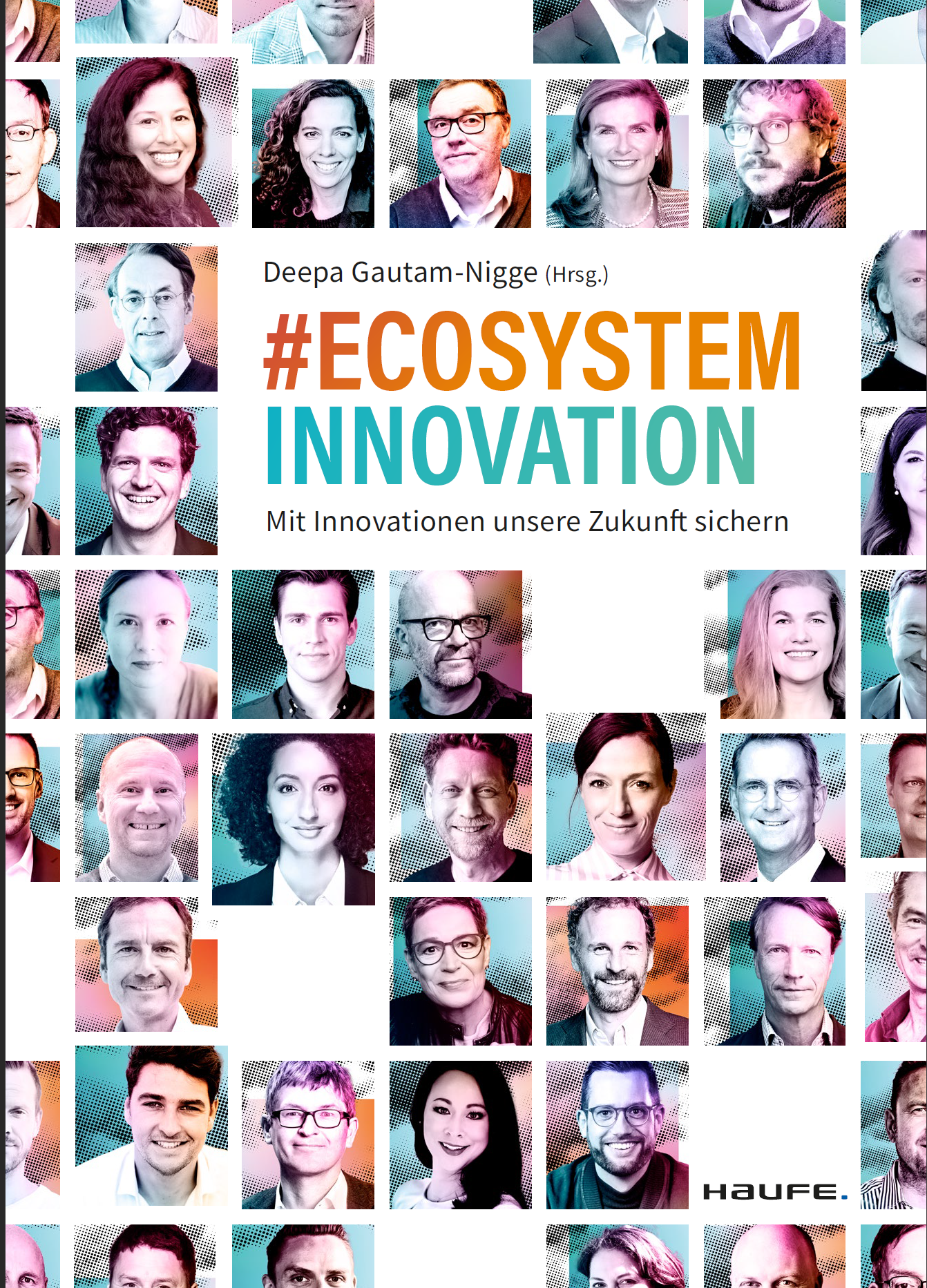Key Aspects of Determining Strategic Assumptions
Strategic assumptions are beliefs or theories that an organization holds about the future state of the world in which it operates. These assumptions are used to inform and guide decision making, as well as to shape the overall strategy of the organization.
There are several key aspects to consider when determining strategic assumptions. These include:
The external environment: Organizations need to carefully consider the political, economic, social, technological, environmental, and legal (PESTEL) factors that may impact their operations. This includes trends and developments that are likely to affect the organization's industry and market, as well as broader changes in society and the global economy.
The organization's internal capabilities: Organizations need to have a clear understanding of their own strengths and weaknesses, as well as the resources and capabilities they have at their disposal. This includes things like their financial resources, human capital, and organizational culture.
The organization's goals and objectives: Strategic assumptions should be aligned with the organization's overall goals and objectives. This means considering what the organization is trying to achieve, and how it can use its internal capabilities and external environment to achieve those goals.
The organization's competition: Organizations need to consider their competitors, both current and potential, and how they are likely to respond to the organization's actions. This includes understanding the competitive landscape and the strategies that competitors are using.
The organization's stakeholders: Strategic assumptions should also consider the needs and interests of the organization's stakeholders, such as customers, employees, shareholders, and other parties who have a vested interest in the organization's success.
Overall, determining strategic assumptions requires a combination of thorough analysis and strategic thinking. Organizations need to carefully consider a range of factors and assess their potential impact on the organization's future. By doing so, they can develop strategic assumptions that are realistic and actionable, and that can help guide their decision making and overall strategy.

















